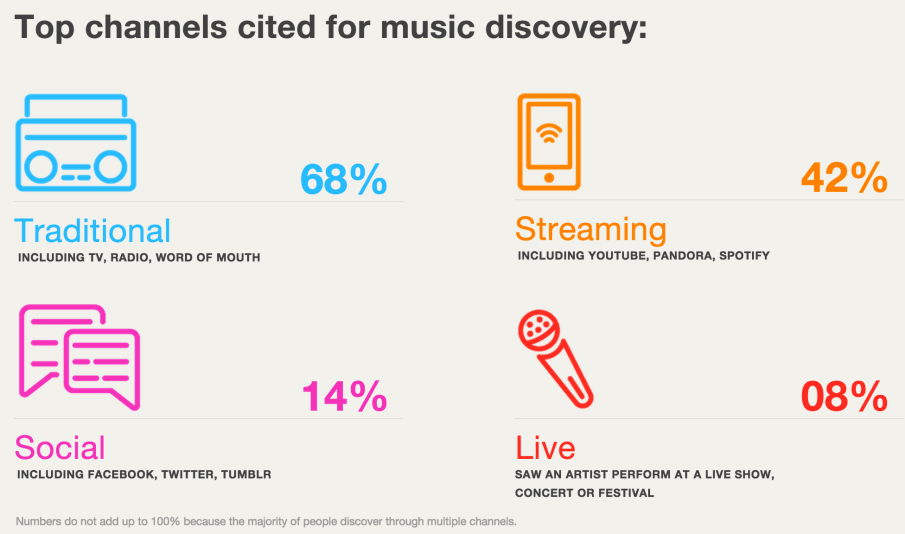Most Western music streaming companies look at China as sort of a golden goose. It’s not laying any eggs at the moment, but you think that one might come at any time. That goose may be stolen even before it makes its first deposit though, as the Chinese mega-company Alibaba recently announced that it will combine two of its music properties, Tiantian and Xiami, into a new as-of-yet unnamed music service.
The Chinese music market is potentially huge, with an estimated 471 million people currently listening to music online already. That said, the revenue is relatively minuscule at only $91 million last year compared to $3.5 billion in the U.S, according to the IFPI.
The reason is that Chinese consumers are used to getting their music for free, thanks to over a hundred pirate sites in the territory. Yet in a country of nearly 1.4 billion people, it wouldn’t take a significant portion to really make a difference in the music industry’s bottom line if they indeed did pay for their music.
Western companies know that, of course, and eye China as the final frontier of music distribution. That’s easier said than done though.
For instance, Spotify is available in over 50 countries, but it’s still not officially available on the Chinese mainland (it is in Hong Kong). Some premium tier users who have subscribed to the service elsewhere say that coverage around the country is spotty at best, with speculation that it may be due to government censorship. Even the recently launched Apple Music is available just about everywhere in the world except China at the moment.
Although you can almost hear the corporate wheels turning in board rooms of streaming countries everywhere in the West, China remains a tough market to crack, and with Alibaba entering the picture, it just got tougher. Read more on Forbes.




